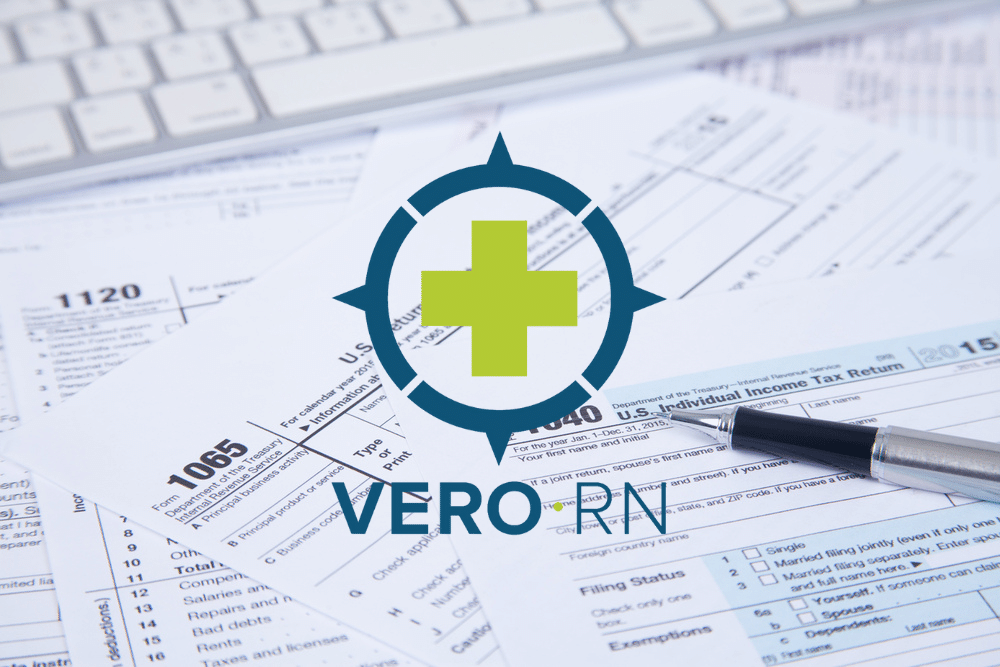For nurses working contract assignments in multiple states, the US Internal Revenue Service requirements for a Tax Home are essential to your livelihood. Working away from your Tax Home allows for perks such as Per Diem that many Travel Nurses enjoy. When you are constantly jetting from one assignment to another maintaining your Tax Home can get hairy quickly and lead to complications during tax season.

WHAT IS A TAX HOME?
It’s important to note that determining your tax home can be complex and may depend on various factors such as the nature of your work, the length of time you spend at different locations, and other relevant circumstances. Normally, your tax home is the primary place where you earn your income and maintain your work-related expenses.
This means that you have a location where you typically perform your work duties and where you return between assignments. You must perform a significant portion of your income-producing activities in the area of your tax home. It’s important to be mindful of this last part when considering your next assignment.
HOW LONG IS TOO LONG?
The IRS takes a clear stance on what is temporary. Most Travelers expect their assignments to be less than a year and will extend if they really enjoy a location or fall in love with the culture of the facility before moving on. Many recruiters will advise you to move on to a new assignment after a year and return later – BUT we must also be careful returning to our favorite locations since the IRS can be tricky.
“You must determine whether your assignment is temporary or indefinite when you start work. If you expect an assignment or job to last for 1 year or less, it is temporary unless there are facts and circumstances that indicate otherwise.” – IRS Publication 463

WHAT IS THE 12/24 RULE?
If you find an assignment that you love, you may consider staying a little longer. And why not, the weather is great, the people are amazing… You stay 6 months this year and go back 6 months next year – That’s temporary, right? Well… maybe not according to the IRS. The 12/24 rule is an easy pitfall for Travelers.
Under the 12/24 tax rule, if an individual spends more than 12 months total working in one state during a rolling 24-month period, they are generally considered a resident of that state for tax purposes. When planning your next assignment and extensions it’s important to keep this in mind and discuss previous assignments with your recruiter to avoid any hiccups.
WHAT IF I DO NOT HAVE A TAX HOME?
These days we see a lot of attention given to van life or the modern nomad with no roots or obligations to a fixed home, which may be the right fit for some. However, it’s important to understand that if you do not maintain a Tax Home, you could be classified as an itinerant worker. Okay… but what does that mean? An Itinerant worker has no defined Tax Home and is treated as if it is their Tax Home wherever the work is being performed.
IN SUMMARY
Navigating your personal taxes and assignments can seem like a lot, but if you stay informed you can avoid unnecessary complications. It’s always a good idea to discuss locations and your goals with your recruiter. Also, if you have questions about your tax home or how it may affect your tax situation, you should consult with a qualified tax professional.
IRS Tax Home Defined
https://www.irs.gov/publications/p463
IRS Form 2106 Employee Business Expenses Instructions


 Vero has earned The Joint Commission's Gold Seal of Approval™
Vero has earned The Joint Commission's Gold Seal of Approval™